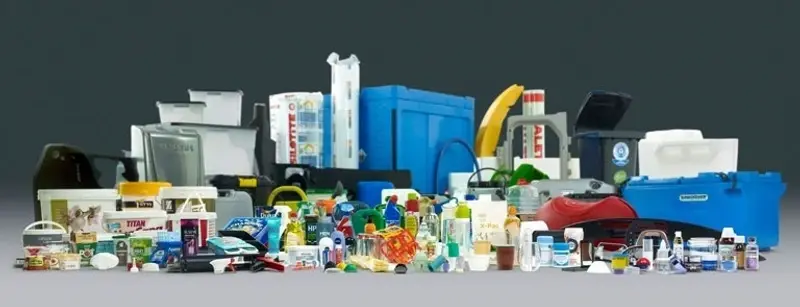
On the face of it, packaging firm RPC (RPC) looks to be doing OK. Management say that both profits and cash flow are in line with expectations in the quarter to 30 June. So why is the share price falling hard? We will explain in a minute.
Revenue growth was 5.8% for the three months to 30 June, which works out at 2% organic growth of 2%.
That’s versus a 3% underlying revenue increase in the first quarter to end March, a modest decline that reflects the £79m acquisition of Astrapak in December 2016, plus polymer price pinches felt recently.
Investors are unhappy with another issue which has caused the share price to slump by nearly 5% to 737.6p. That effectively swipes £150m off the £3.15bn market value based on yesterday’s close.
RPC makes all sorts of plastic products, things like household cleaning spray containers, storage boxes, paint canisters, pill bottle, plus those plastic pint glasses thrown about by fans during the World Cup.
BUY TO GROW PLAN FAILING?
Two things seem at play here: limited growth potential, and what looks like a failing roll-up strategy aimed at changing that situation.
Organic growth of 2% is hardly impressive and is ‘even lower than the 2.8% rate of advance generated across the whole of its last fiscal year,’ as AJ Bell’s investment director Russ Mould notes.
This explains why chief executive Pim Vervaat seems to want to get back onto the acquisition trail - yet he spends a portion of today’s trading statement saying shareholders seem less keen on this plan than they were previously.
‘Pressure on the company's market valuation and differing investor views on the appropriate level of leverage is constraining the group's ability to pursue some attractive opportunities for growth,’ bemoans Vervaat.
This sounds very much like a twin moan - that the share price is too low, and that he wants to saddle RPC’s balance sheet with considerably more debt.
Net debt last year was £1.139bn or roughly two-times earnings before interest, tax, depreciation and amortisation (EBITDA).
If you step back a bit in time, net debt stood at £80m in 2010 before RPC started its acquisitions splurge.
Yet as Mould points out: ‘Cash flow growth has remained volatile, especially relative to sales and profits growth.
‘Operating free cash flow as a percentage of sales is no higher now than it was in fiscal 2013-14, despite the acquisition spree, to suggest that RPC may be a bigger company but not necessarily a better one.’




